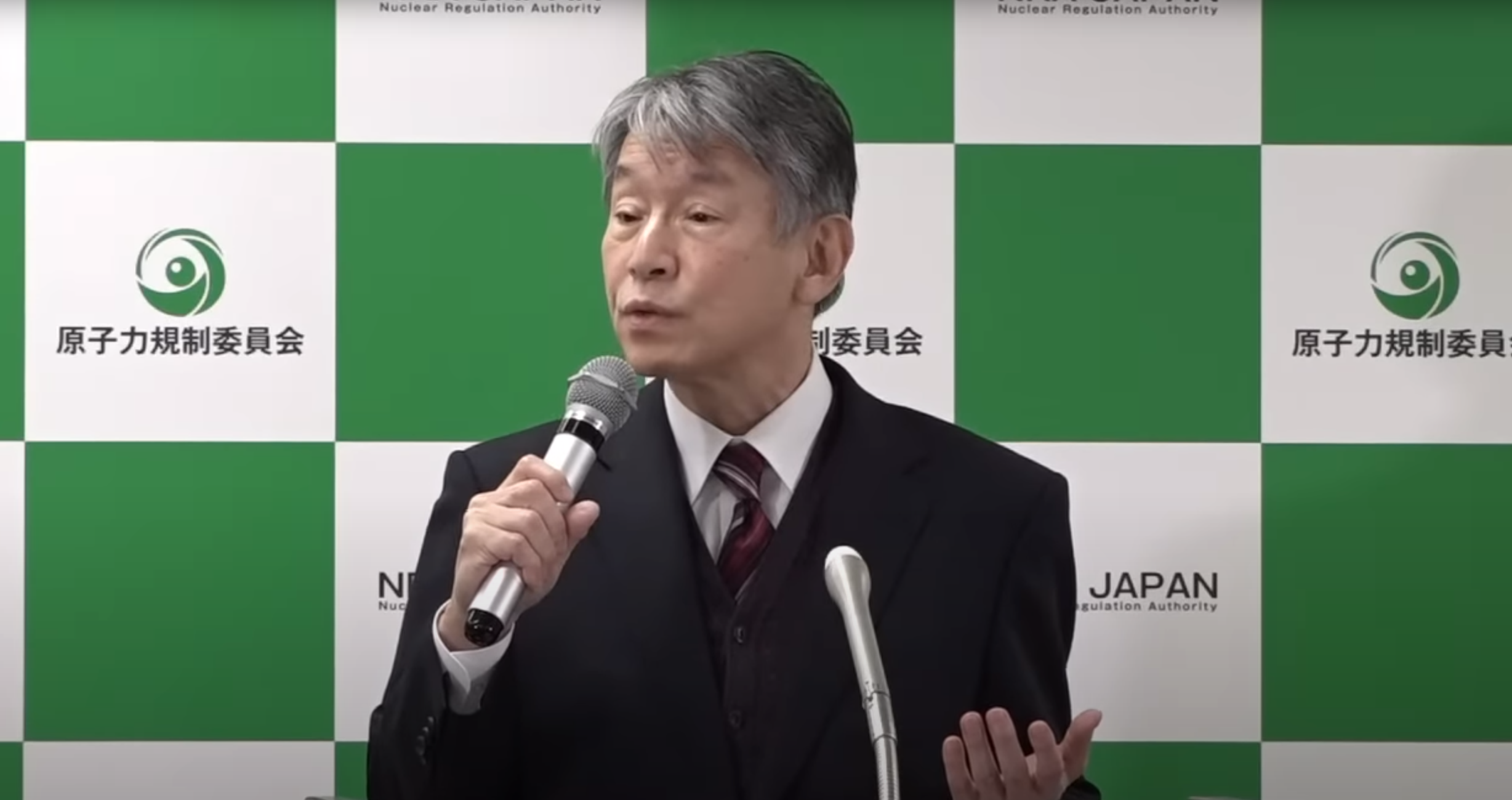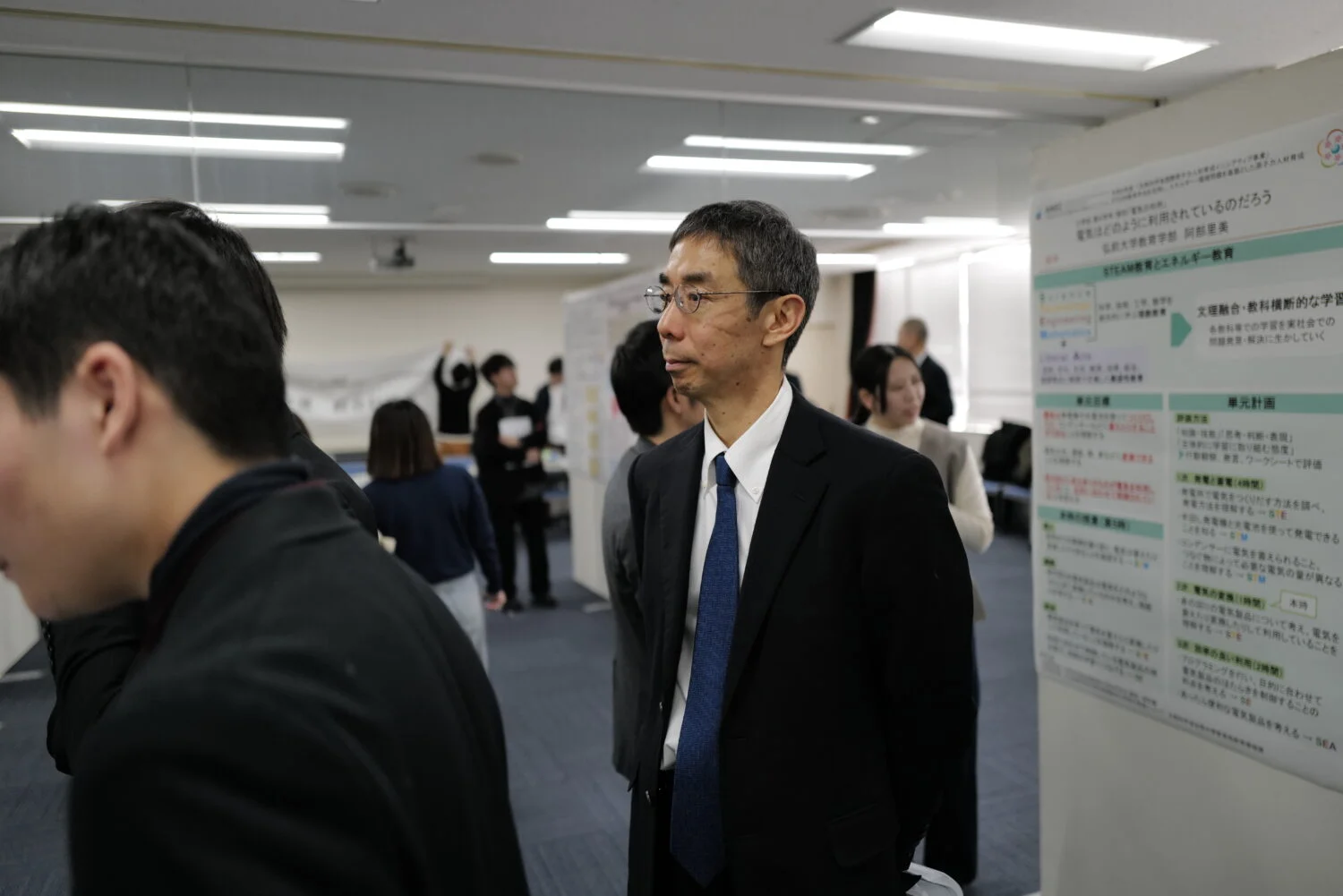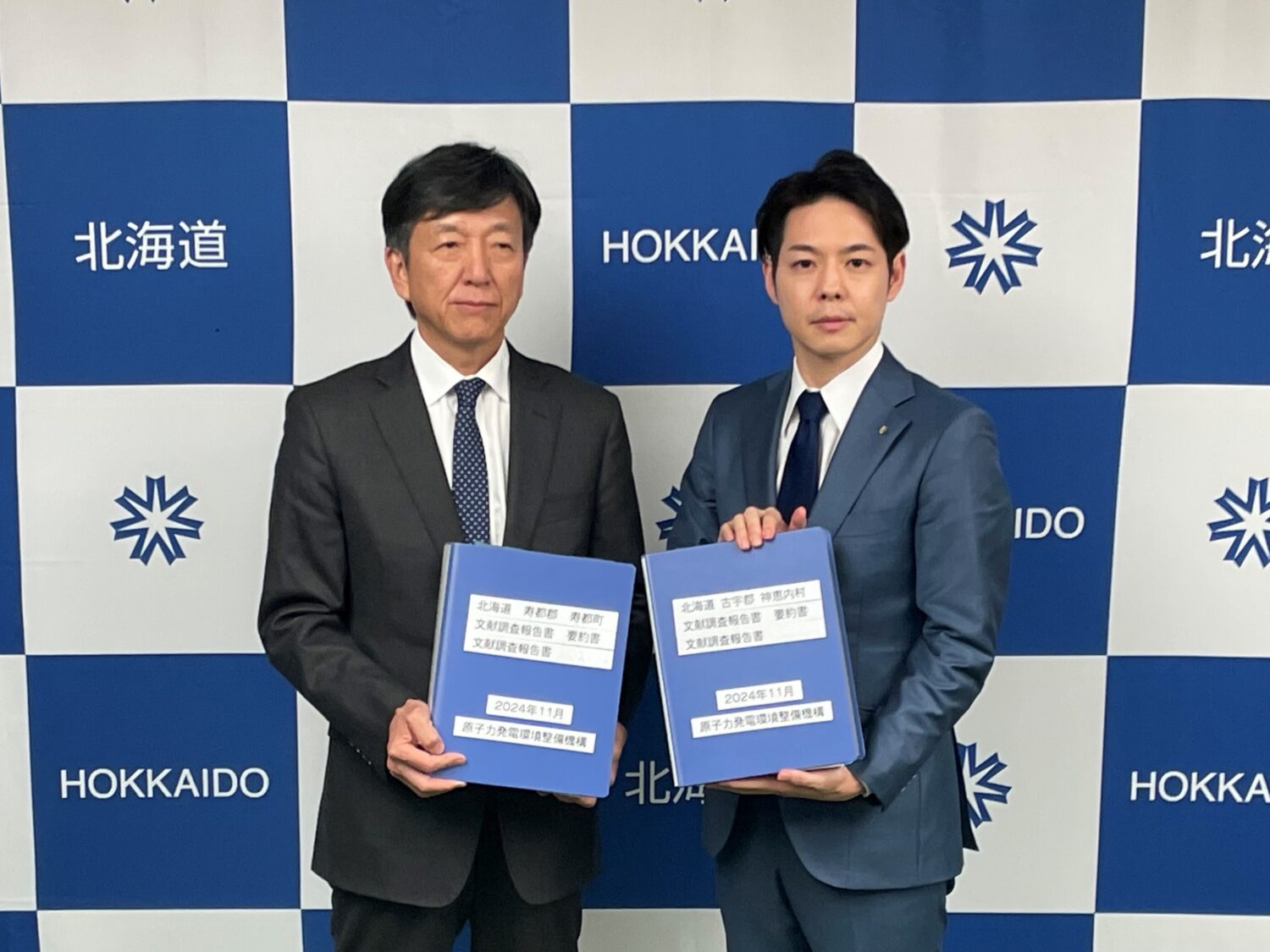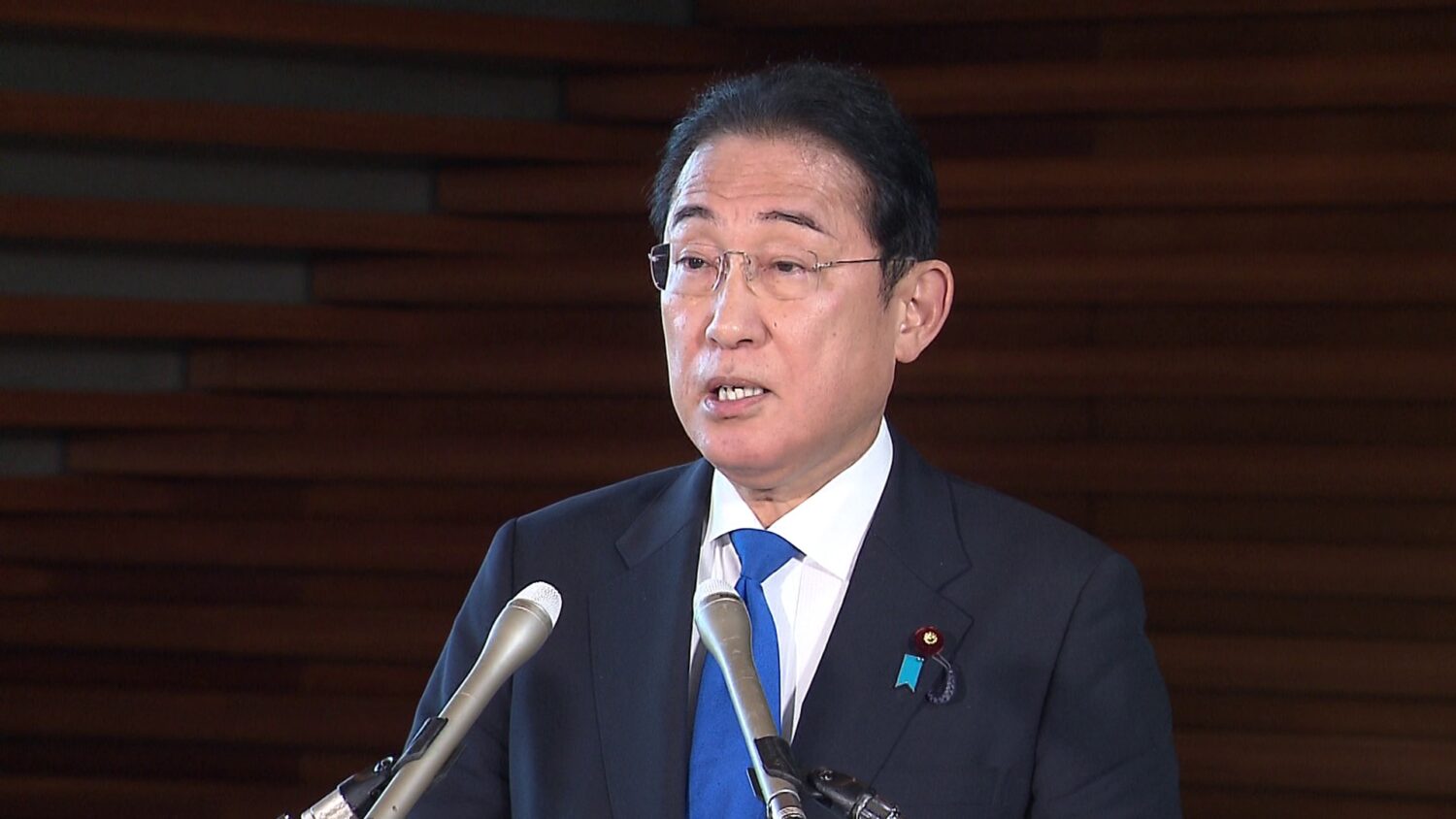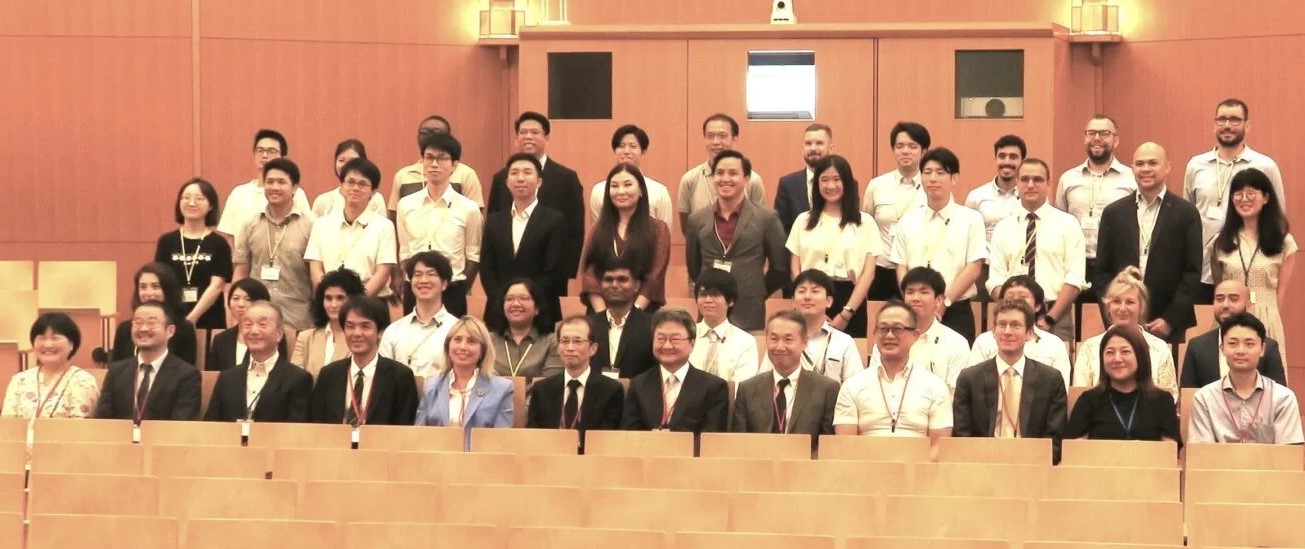The CTBT is a treaty essential to promoting nuclear disarmament and nonproliferation, including banning all nuclear weapons test explosions and any other nuclear explosions. Japan ratified the treaty in 1997; as of March 2022, 172 states had done so. However, 44 states listed in Annex 2 of the treaty, described as nuclear technology holders, are required to ratify the treaty before it can come into force, and only 36 have so far.
Dr. Floyd, who was visiting Japan for the first time since assuming his position in January 2021, met with Prime Minister KISHIDA Fumio. At the press conference, he highly praised efforts made by the Japanese government toward the CTBT’s early entry into force (including Japan’s leadership in forming the ministerial “Friends of the CTBT” group).
He said that Japan, “as the only country in the world to have experienced a nuclear attack, has exhibited a strong commitment to preventing future generations from being threatened by nuclear tests, and world security from being imperiled.”
He also referred to Japan’s technological contributions, including several monitoring and laboratory facilities maintained and operated in the country to verify whether a nuclear test has been conducted and to confirm that the treaty is being observed.
Dr. Floyd noted that there had been more than 2,000 nuclear tests from 1945 to 1996, when the treaty was opened for signature, suggesting the treaty’s positive effect since that time. He also pointed out that six states had ratified the treaty in the past year alone: Gambia, Tuvalu, Dominica, East Timor, Equatorial Guinea, and Sao Tome and Principe. At the same time, he said, the year saw the unfolding of the Ukrainian situation, and stated, “We were all driven to acute anxiety.” Going forward, he added, “We will never let our guard down,” reemphasizing the importance of efforts to ban nuclear tests.
In response to a question about nuclear development by North Korea, Dr. Floyd said, “North Korea ‘promised’ to suspend nuclear testing in April 2018. I want it to extend that promise.” Its signing of the CTBT, he said, “would be a strong message to the world.”



